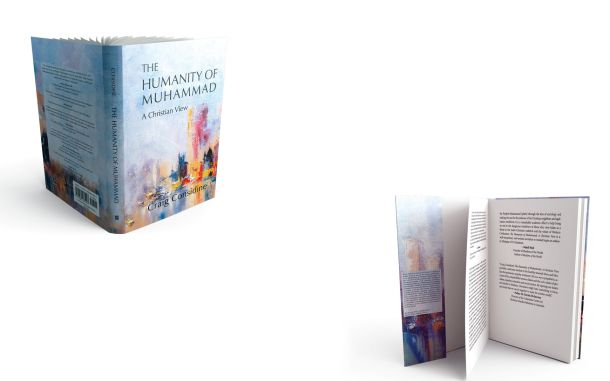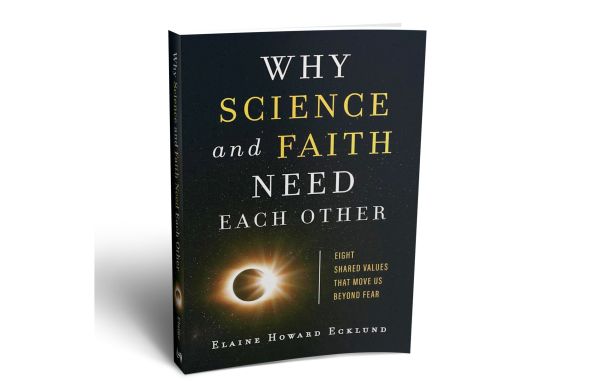Editorial (Issue 146)

Video games have become a part of our lives. It used to be kids only who spent hours playing, but those kids have become parents and many of them continue to play. Faster internet and rapidly growing computer technologies have made video games easily accessible, which means they are here to stay with us for a long time. Leaving aside this expanding reality’s impacts at the personal, family, and societal level in the long run, there is another aspect of these games which Cemal Ozgur highlights in this issue: loot boxes. Gamers who do not want to lag behind need to purchase updates, which may become very costly. Loot boxes offer an alternative, which, for Ozgur, is a dice roll with rarely any guarantees. Loot boxes are part of the massive video games microtransactions industry worth billions of dollars. Ozgur explains how these boxes are compared to gambling, for they are defined by their elements of chance and luck. Ozgur’s article is worth a serious look to see potential risks gamers, especially young kids, face as they experience feelings of frustration and tantalization with each loot box they open.
As you are holding this copy of The Fountain in your hands (or reading online), millions of Ukrainians, most of them women and children, are on the road leaving their homes escaping death and destruction. This has been the case for millions of Syrians in the past decade, as was the case for millions of others around the world. We hope all can turn back to their homes, but many immigrants do not have that option. It is either the fact that the danger in their countries continues to threaten their lives, or they have no home left to turn to. United States is one of the host countries accepting new immigrants every year. However, as Selim Yigit explains in this issue, this is not an easy process for both the immigrants and Americans, as adopting a new home and welcoming a new neighbor come with many challenges as well as social and economic impacts.
How probable is your being “you”? This is a question we do not think about at all. Just as most of us move on with our lives without noticing the marvelous nature around us, we rarely contemplate on our very existence. Hakan Oztunc explains in the language of mathematics how amazing a reality it is for any Joe from among us to be the Joe he is, even if we take into consideration major probability calculations only. “Thinking of this complicated probability calculations, we can only conclude how precious each human being is,” concludes Oztunc.
As the world is apparently becoming more secular, one major cause for this can be related to how followers of religious traditions have turned their faith to something not so easy practice. The Questions & Answers section confronts this situation by arguing the opposite: Religion is ease. Although certain burdens and responsibilities come with faith, these are not unbearable and are meant to make life easier for all.








